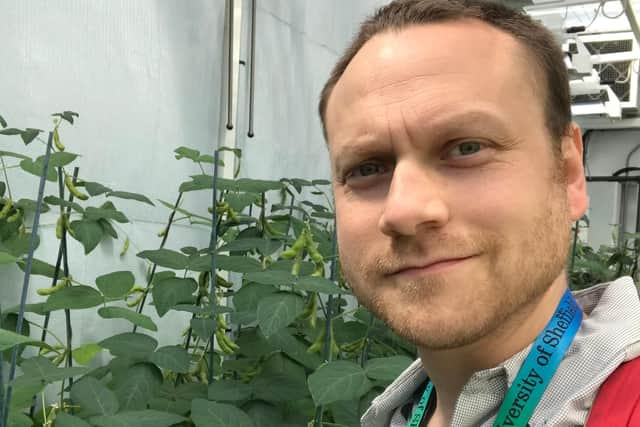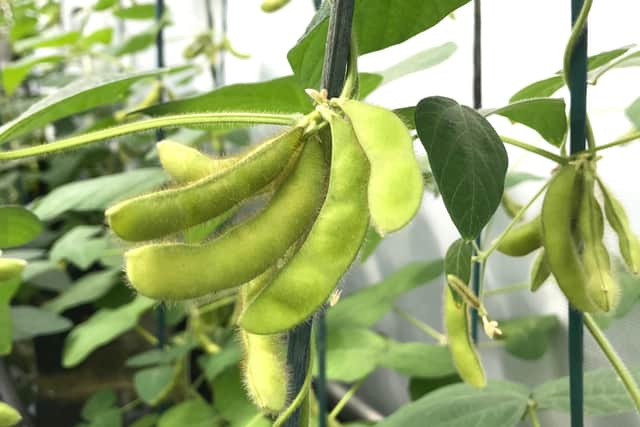Sheffield scientists develop climate-resilient beans that reduce water usage
and live on Freeview channel 276
Sheffield University’s Institute for Sustainable Food has engineered beans that could use up to 40 per cent less water, making them ‘climate resilient’ in the face of scarcity and global warming.
Beans provide high-quality nutrition across Latin America, but the climate crisis is causing drought and heat waves in the region.
Advertisement
Hide AdAdvertisement
Hide AdAs a result, scientists around the world are in a race against time to create stronger, climate-resilient bean crops to support food security in the area; especially as legumes are an important staple food group in the region.


Professor Julie Gray from the University of Sheffield’s Institute for Sustainable Food, said: "Modern agriculture uses a lot of water - about 70 per cent of the global freshwater - but this resource is diminishing under climate change, and we desperately need to find new ways to allow farmers to reduce irrigation and still provide enough food for our growing population. We hope that our work will produce crops that use less water and are better suited to future warmer and drier climates."
In Latin America, up to 80 per cent of bean yields can be lost with the earlier onset of seasonal droughts. Due to this, it is also estimated that in Mexico alone novel bean varieties could save up to 3 per cent of the country's entire agricultural water use, the equivalent of 4.5 billion litres of water a year by using more drought resistance crops.
Loss of bean yields can also lead to serious economic problems due to the need to then import stocks from other countries. It is hoped that these newly developed beans will combat these issues.


Advertisement
Hide AdAdvertisement
Hide AdDr Caspar Chater, a research leader in natural capital and plant health at the Royal Botanical Gardens, worked on the project at Sheffield before taking up his position at Kew.
He said: “It is critical we develop climate resilient beans by harnessing natural variation in drought resistance. We need new bean crops that farmers will be excited to grow and consumers will be happy to eat.”